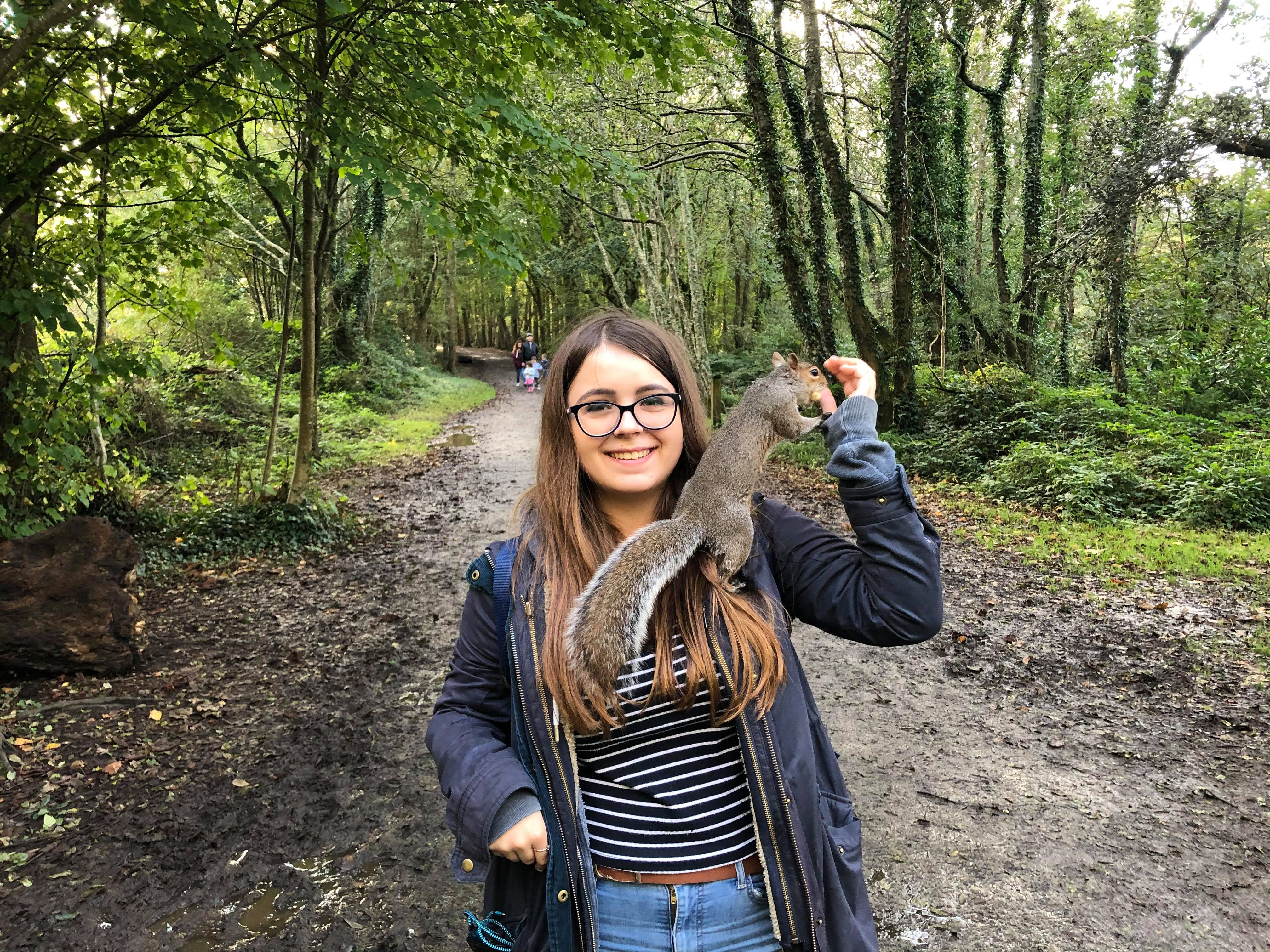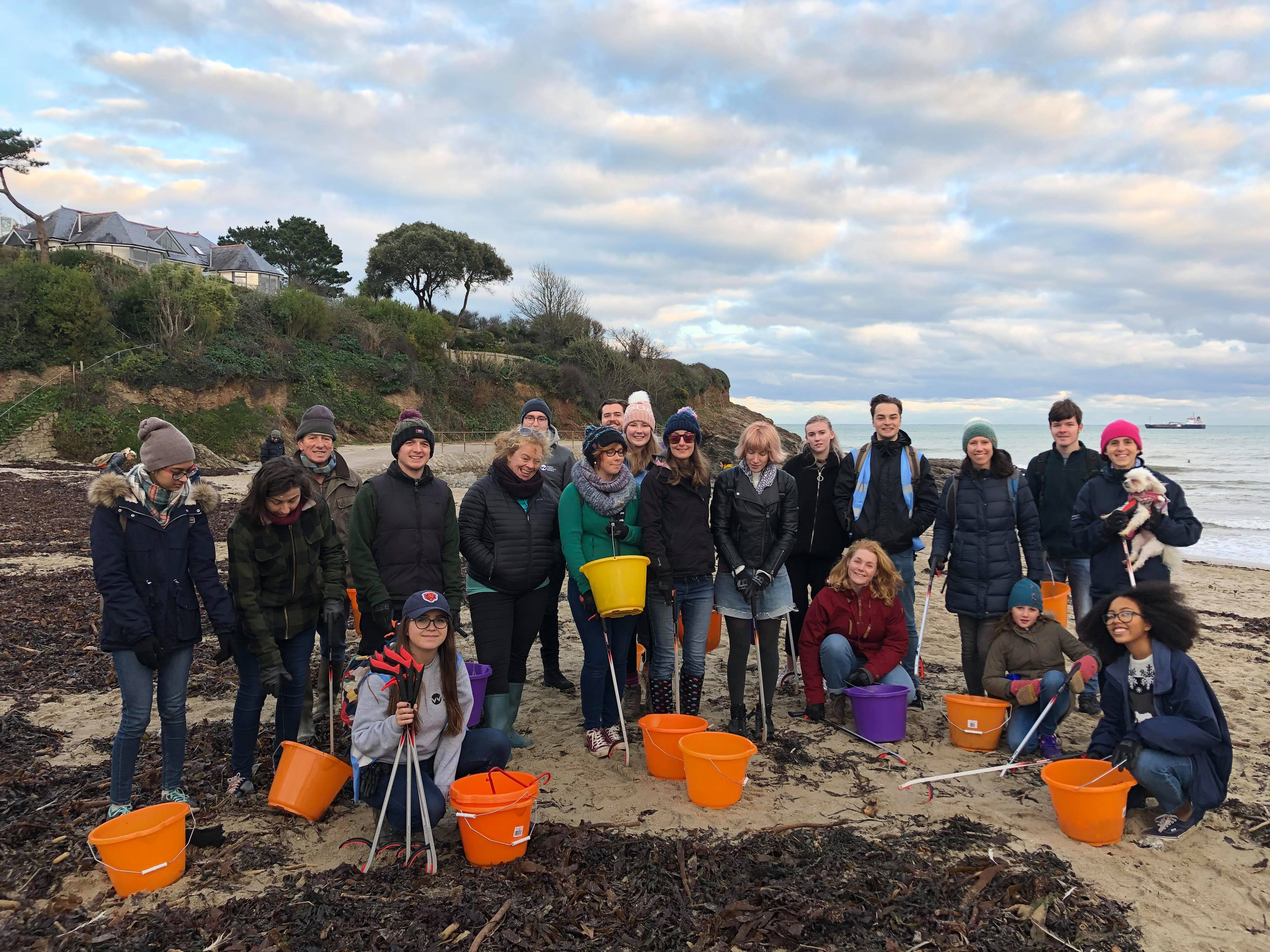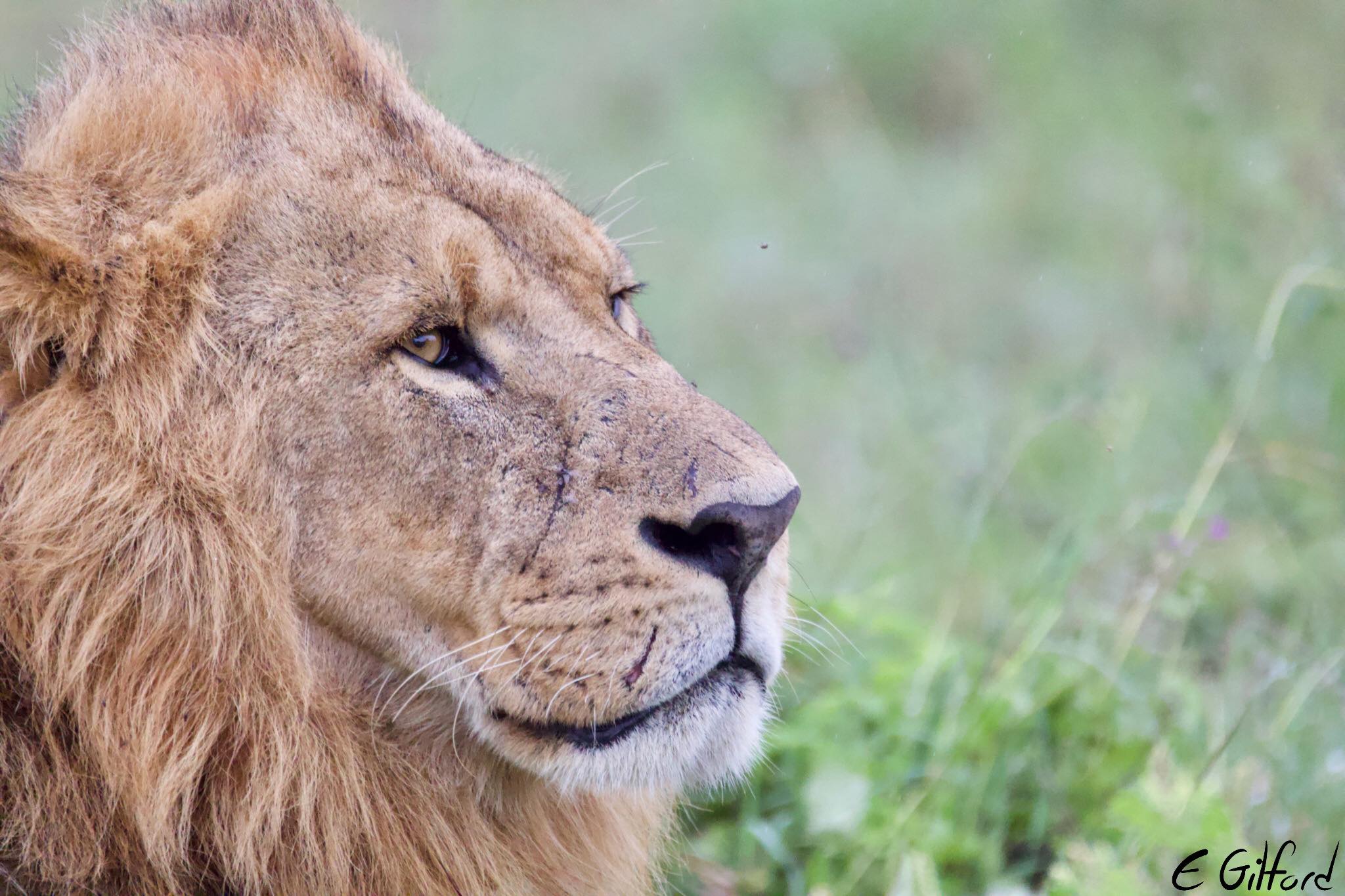We are looking back on some of our MSc graduates who have excelled in scientific research, ecology and conservation around the world since studying with us.
Today we meet Emily who graduated from MSc Evolutionary & Behavioural Ecology in 2020 and is now the Graduate digital learning developer at the University of Exeter.

Hi Emily! We’re glad that you are still working with us at the University of Exeter, why don’t you tell us a bit about what you’re up to now?
I completed both my BSc in Zoology and my MSc in Evolutionary and Behavioural Ecology at the University of Exeter’s Penryn Campus. While coming to the end of my MSc I saw a job posting for working within the Digital Learning Team at the University of Exeter, in the department that I had spent the past four years studying in. I jumped at the chance and have been working in this role since finishing my Masters’ degree.
What attracted you to study your MSc at the University of Exeter, Penryn Campus?

I chose to study my MSc at the University of Exeter’s Penryn Campus as this is where I had studied my undergraduate degree. It’s a beautiful place to live and study, and I don’t think I ever want to leave! The fact that I’m still living in Penryn and am now working at the University is proof of how much of an incredible place this is to study. The Penryn Campus is a place of endless opportunities, both associated with the University and the local community. Both the University of Exeter and Falmouth and Exeter Students’ Union are incredibly supportive and provide a brilliant environment to thrive and study. Even though my research focuses have always been mainly terrestrial, I recognised that studying near the coast had incredible benefits – both for my wellbeing and for the opportunity to study marine fauna and flora should I wish to. There’s also an incredible number of evolutionists and behaviourists based in Cornwall, and I got the opportunity to work with academics who are experts in my fields of interest.
We’re glad you love Cornwall as much as we do! What did you enjoy most about studying in Penryn?
I’ve absolutely loved living in Cornwall. It’s a beautiful place to be, and there are lots of wildlife-related organisations and events to get involved with. I really love the location. Cornwall is a beautiful place to live, and a great place to explore. I also really loved the opportunities that were given to me as a student in Penryn, which allowed me to work within a range of different research groups to build up my scientific skill set. While studying my Masters degree, I also really enjoyed leading the Beach Clean Project and working with the University and the local community to keep our coastlines clean. I really enjoyed my field course to Kenya in January. I don’t think it’s somewhere I would ever have gone if I hadn’t studied my MSc at Exeter, but I’m really glad that I got to go and experience such an incredible diversity of wildlife!

How do you think the MSc helped to prepare you for a career?
My degrees at the University of Exeter, as well as opportunities that I have taken part in in Cornwall, have provided me with excellent organisation skills, the ability to manage and prioritise workload, as well as field skills which I hope to use when I continue my studies in future. From my research project, I’ve gained a lot of analysis and database management skills, which have been really useful in job applications that I have completed. The independent element of studying a MSc at Exeter meant that I am able to motivate myself and am excellent at time keeping, which are both often seen as key skills to employers.
That’s great Emily – what are you plans for the future?
I would like to continue on my studies to pursue a PhD, with the end goal of becoming an academic, and teaching university students, while being able to conduct my own research into animal behaviour and cognition. It’s hard work, and long days, but it’s fantastic to be able to help students learn. It’s lovely to think that I’m somehow contributing to the learning of the next generation of behaviourists, ecologists and conservationists.
Thanks Emily!
If you want to read more profiles from MSc Evolutionary & Behavioural Ecology graduates follow this link or explore our Graduate in Focus homepage to learn more about the degree programmes we have on offer!

